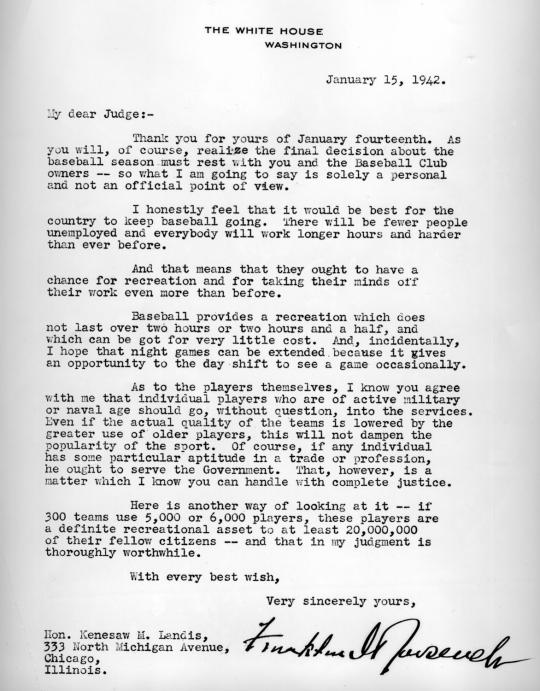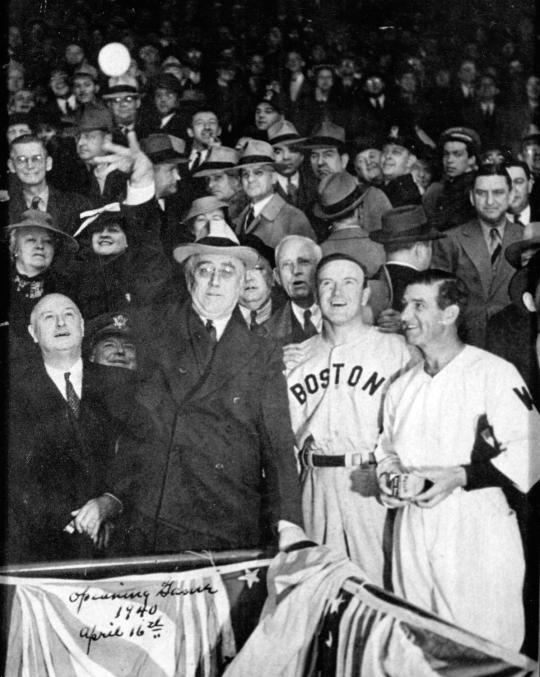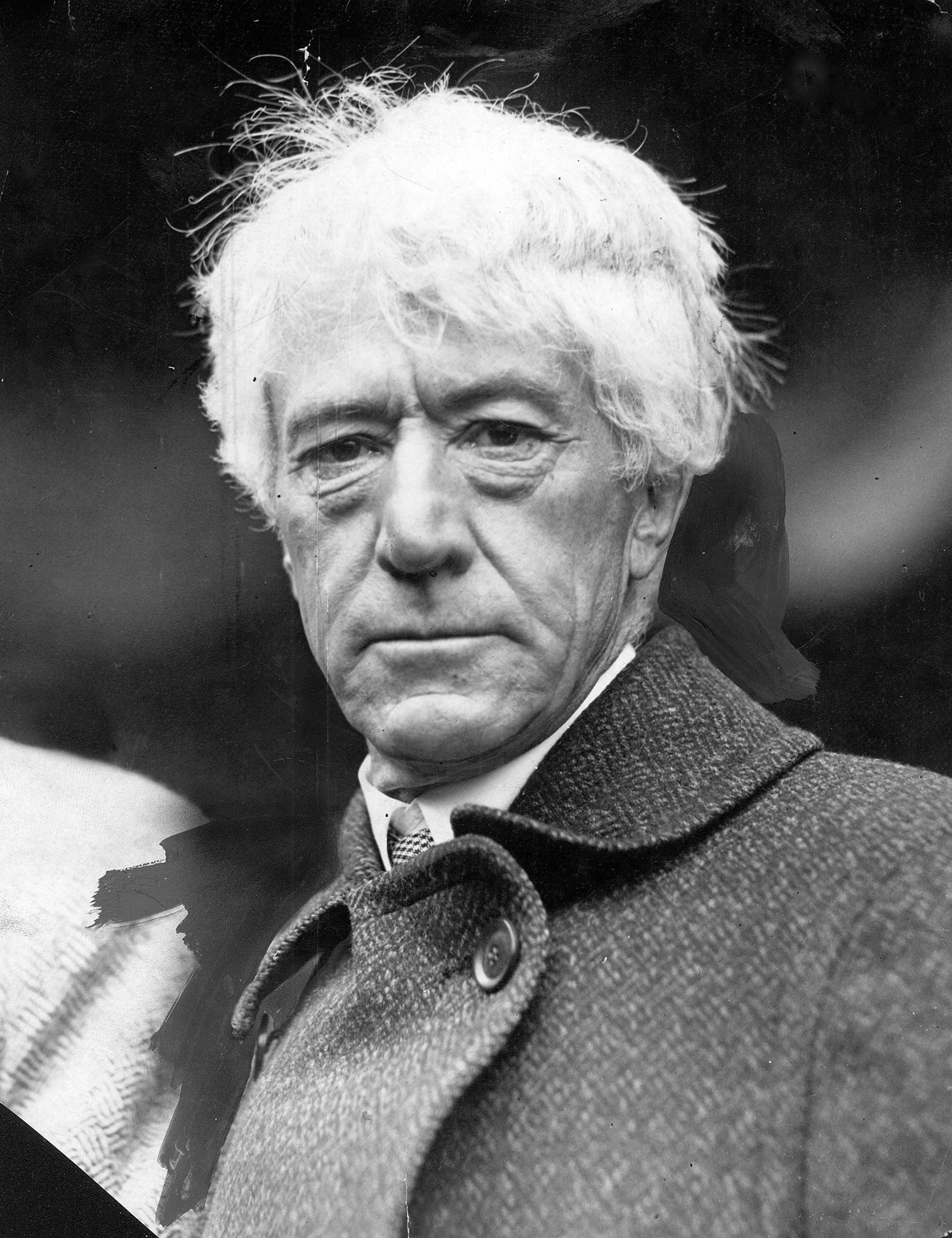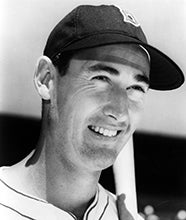- Home
- Our Stories
- President Roosevelt gives ‘green light’ to baseball
President Roosevelt gives ‘green light’ to baseball
Of all the moments that cemented baseball as America’s National Pastime, this may have been the most compelling.
It came, however, during one of the darkest hours of the country’s history.
But for many Americans, President Franklin Roosevelt’s “Green Light Letter” to Commissioner Kenesaw Mountain Landis signaled that the country would continue to thrive despite the challenges and horrors of World War II.
Just weeks after the bombing of Pearl Harbor galvanized the country and brought the United States into the war, Landis wrote to Roosevelt asking for his advice.
“If you believe we ought to close down for the duration of the war, we are ready to do so immediately,” Landis wrote. “If you feel we ought to continue, we would be delighted to do so. We await your order.”
Landis only had to wait one day. Roosevelt drafted his response quickly and informed Landis in the missive – dated Jan. 15, 1942 – that baseball should continue. A portion of the letter is excerpted below: “I honestly feel that it would be best for the country to keep baseball going. There will be fewer people unemployed and everybody will work longer hours and harder than ever before. “And that means that they ought to have a chance for recreation and for taking their minds off their work even more than before. “Here is another way of looking at it - if 300 teams use 5,000 or 6,000 players, these players are a definite recreational asset to at least 20,000,000 of the fellow citizens - and that in my judgment is thoroughly worthwhile.” For the next four seasons, Major League Baseball would increasingly be played by the very young or the very old – or those who were exempted from military service for health reasons.
President Franklin Roosevelt throws out the first pitch before an Opening Day game between the Red Sox and Senators at Griffith Stadium in April 16, 1940. Two years later, Roosevelt would author the "Green Light Letter" that would preserve baseball during World War II. (National Baseball Hall of Fame and Museum)
Hundreds of stars like Bob Feller, Hank Greenberg, Joe DiMaggio and Ted Williams would enter the military to serve their country. And each of them helped turn the tide of the war in the Allies’ favor. Once again, baseball proved to be part of the fabric of the United States – a fabric that no force could unravel. Today, the Green Light Letter is part of more than three million documents in the Library at the National Baseball Hall of Fame and Museum.
Craig Muder is the director of communications at the National Baseball Hall of Fame and Museum
Related Stories
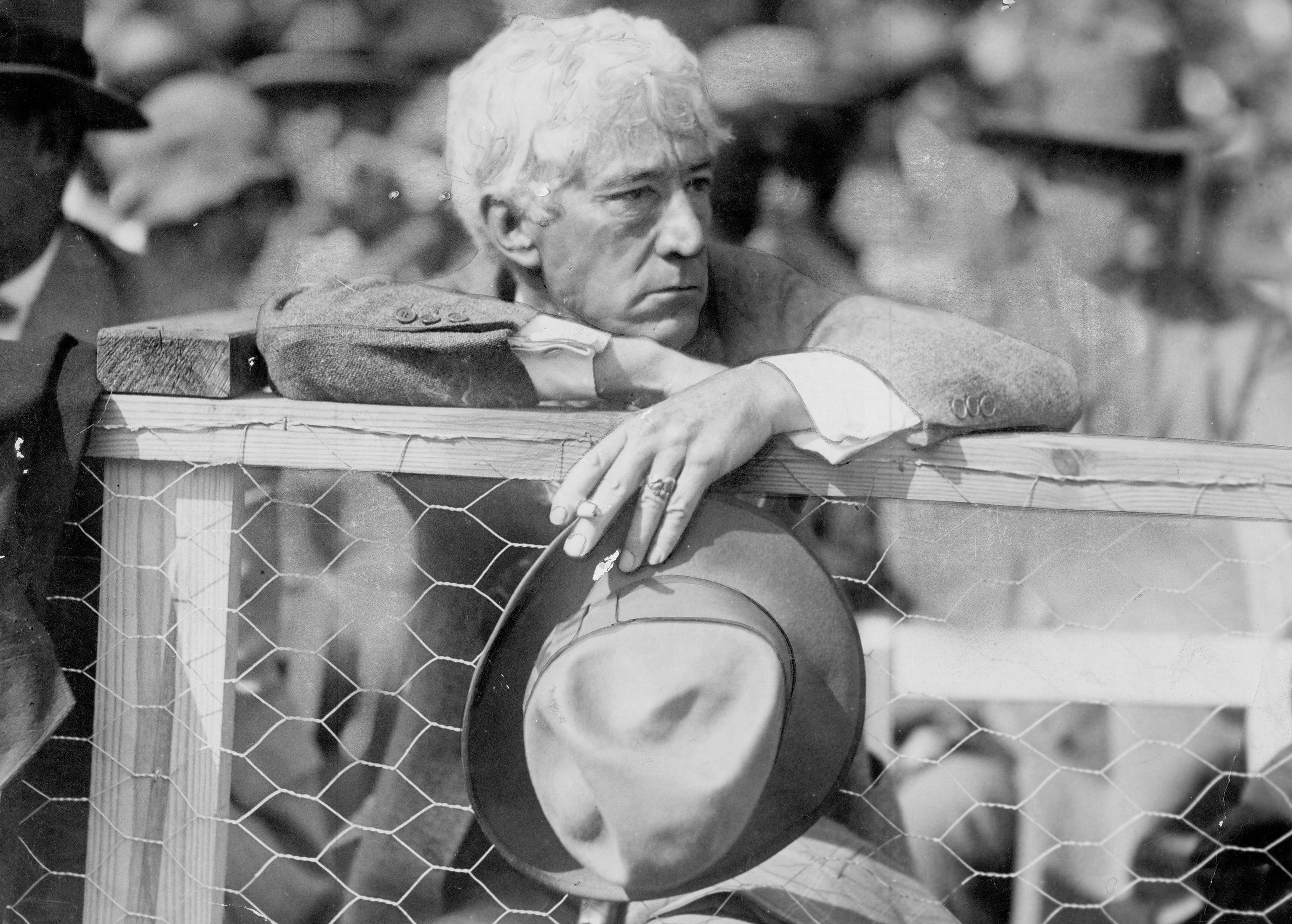
Commissioner Landis frees 74 Cardinals farmhands
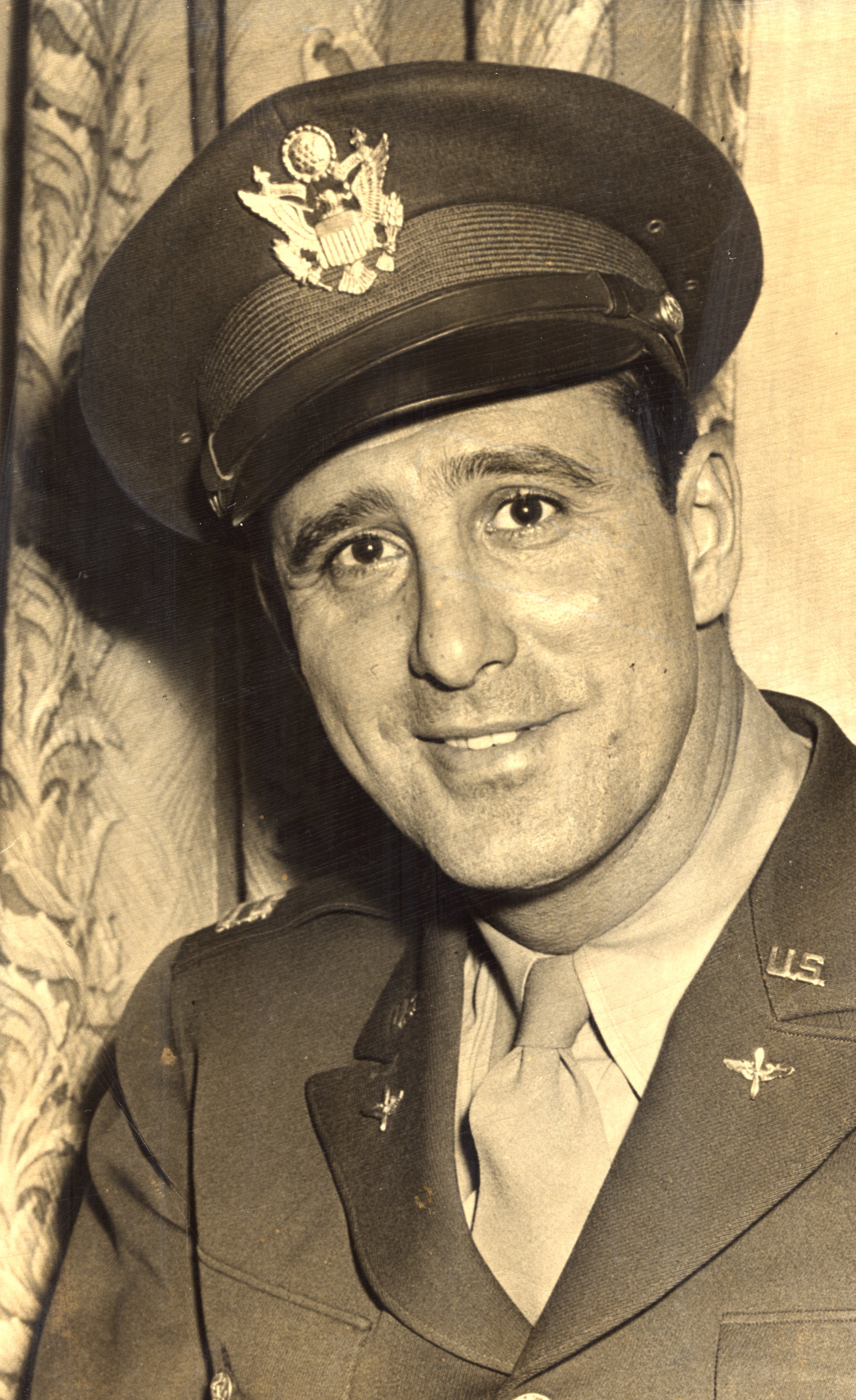
The Return of Hank Greenberg
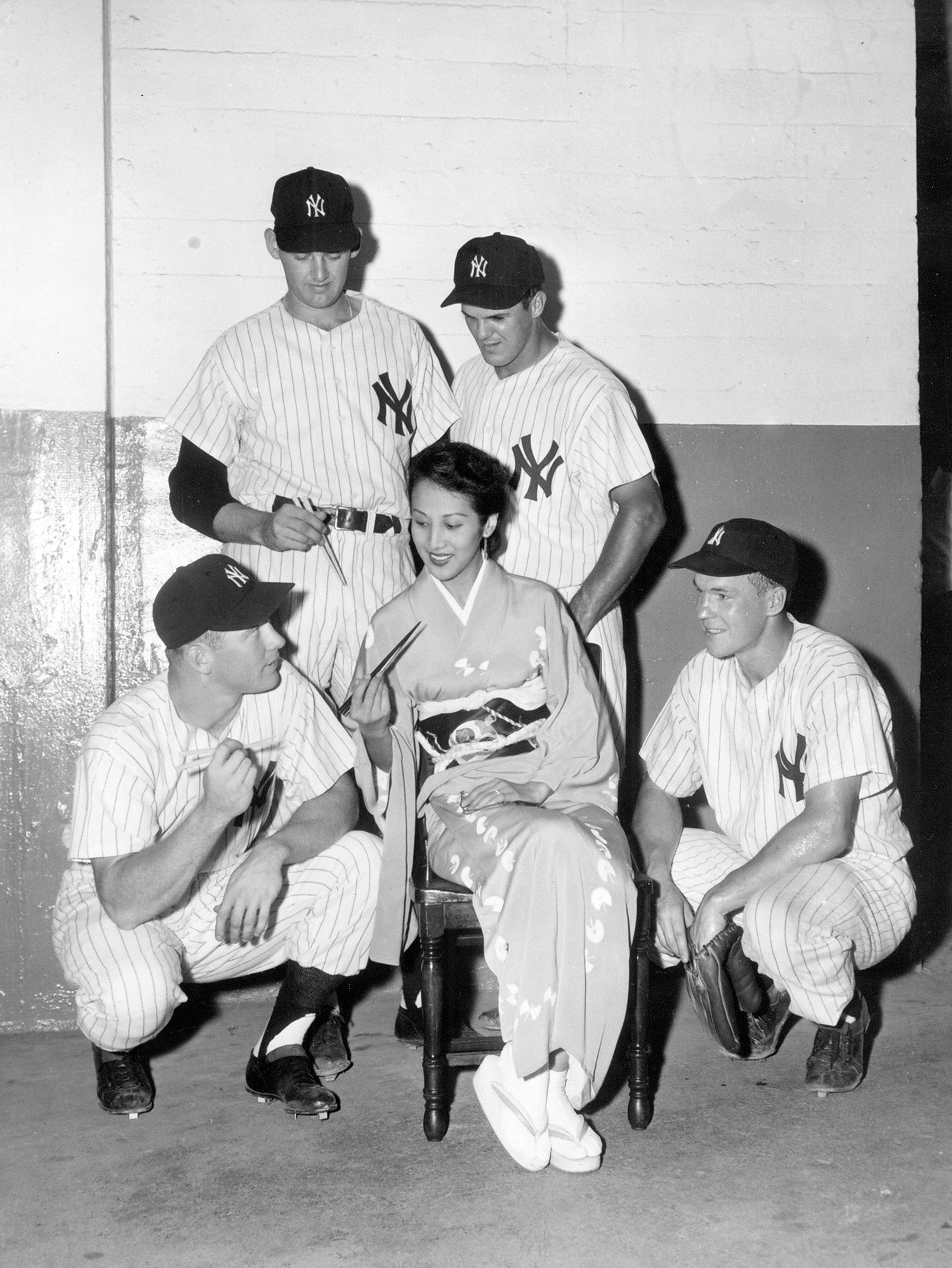
Team Tours of Japan bridged cultural gap following World War II

Commissioner Landis frees 74 Cardinals farmhands

The Return of Hank Greenberg


